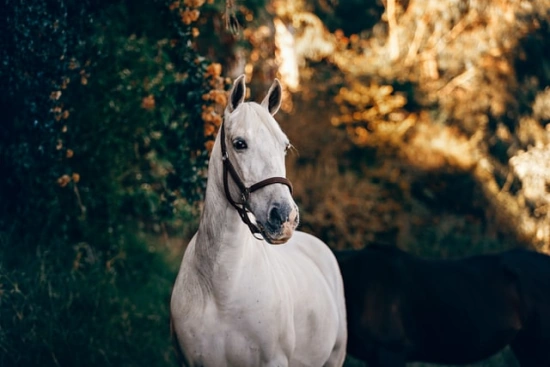Horse

In Ezekiel 26:11, this signifies the love of learning or intellectual things. (Arcana Coelestia 3727)
In Revelation 6:2, this signifies the love of understanding the Word. (Apocalypse Revealed 298)
In Zechariah 12:4, this signifies that the intellectual should be filled with falsities. (Arcana Coelestia 2383[2])
In general, 'a horse' signifies knowledge or understanding of the Word. In an opposite sense it signifies the understanding of the Word falsified by reasonings, and likewise destroyed from self-derived intelligence. 'A dead horse' signifies no understanding of truth from the Word.
Arcana Coelestia#1672
1672. 'And the kings who were with him' means the apparent truth that goes with that good. This is clear from the meaning of 'kings' in the Word. Kings, kingdoms, and peoples in the historical and prophetical sections of the Word mean truths and the things that belong to truths, as may be confirmed from many places. In the Word a careful distinction is made between people and nation, 'people' meaning truths, 'nation' goods, as shown already in 1259, 1260. Kings have reference to peoples, and not so much to nations. The children of Israel, before they sought to have kings, were 'a nation' and represented good, or that which is celestial; but after they desired a king and received one, they became 'a people' and represented not good or that which is celestial, but truth or that which is spiritual, and this was the reason why this was ascribed to them as a fault in 1 Samuel 8:7-end. This, in the Lord's Divine mercy, will be explained elsewhere. In the present verse, since 'Chedorlaomer' is referred to, and then the phrase 'the kings who were with him' is added, both good and truth are meant - good by 'Chedorlaomer' and truth by 'the kings'. But what kind of good and truth it was when the Lord's temptations first began has been stated above.






